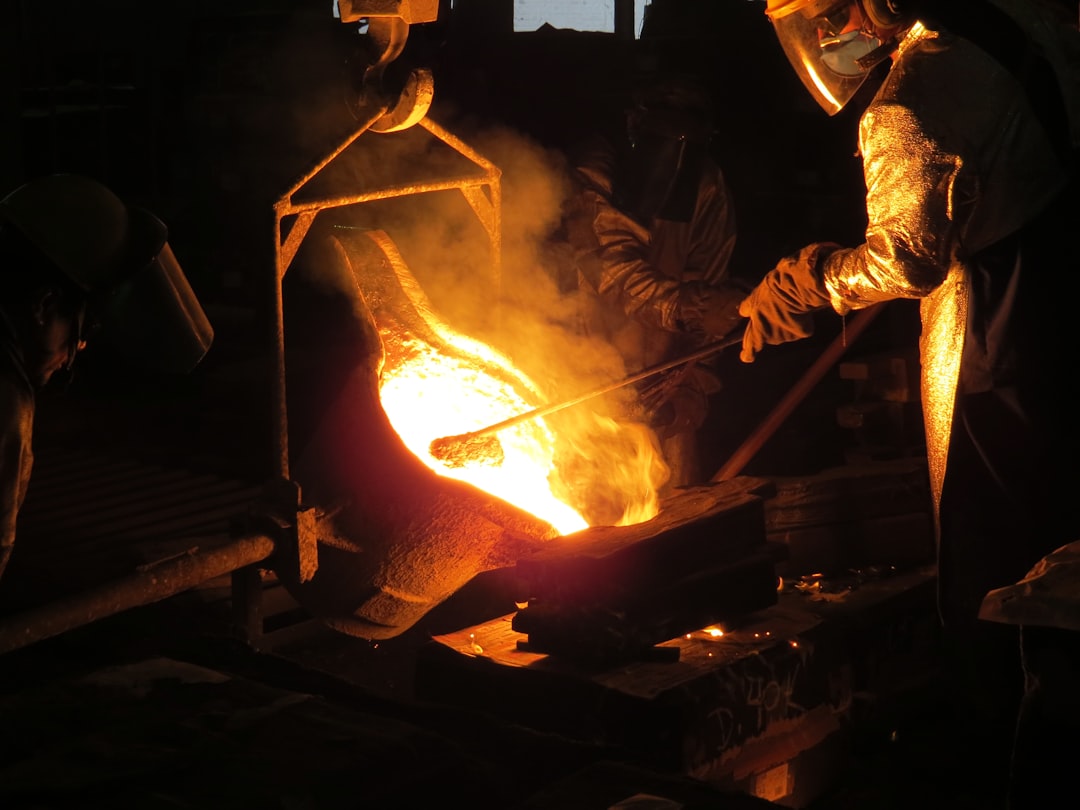Turkey’s steel industry has undergone a remarkable transformation in recent decades, evolving from a relatively small player to a significant force in the global steel market. This growth is a testament to strategic investments, technological advancements, and a focus on export-oriented strategies. This post delves into the key aspects of Turkish steel’s global presence, exploring its strengths, challenges, and future prospects.
The Rise of Turkish Steel Production
Turkey’s steel production has experienced exponential growth, driven largely by domestic demand and a strategic focus on exports. The country boasts a robust infrastructure, including several large integrated steel mills and numerous smaller specialized producers. Major players like Erdemir, Kardemir, and Tosçelik have played a crucial role in this expansion, investing heavily in modernizing their facilities and adopting advanced steelmaking technologies. This has allowed them to produce high-quality steel products that meet international standards, increasing their competitiveness in the global market. The government’s supportive policies, including incentives for investment and infrastructure development, have also been instrumental in fostering this growth. Government initiatives to streamline regulations and improve logistics have further facilitated the industry’s expansion and export capabilities.
Key Export Markets and Strategies
Turkey’s steel exports are geographically diversified, with significant shipments to Europe, the Middle East, and North Africa. The country’s strategic location, bridging Europe and Asia, provides a logistical advantage, reducing transportation costs and delivery times to key markets. Turkish steel producers have adopted diverse export strategies, including building strong relationships with international buyers, participating in international trade fairs, and actively engaging in marketing and promotional activities. They have also focused on niche markets, catering to specific customer requirements and offering customized steel solutions. The emphasis on quality control and timely delivery has significantly enhanced Turkey’s reputation as a reliable steel supplier in the global marketplace.
Competitive Advantages and Challenges
Turkey’s competitive advantages in the global steel market stem from several factors. The country possesses abundant raw materials, including iron ore and scrap steel, which contributes to lower production costs. Furthermore, a relatively low labor cost compared to many developed nations provides a significant price advantage. However, the industry faces several challenges. Fluctuations in global steel prices, coupled with intense competition from other major steel-producing countries, can significantly impact profitability. The industry also faces the ongoing challenge of maintaining high environmental standards and reducing its carbon footprint, a growing concern among international buyers. Furthermore, reliance on imported raw materials for certain steel grades can create vulnerability to global supply chain disruptions.
Technological Advancements and Innovation
Turkish steel producers are increasingly investing in research and development to enhance their technological capabilities. This includes adopting advanced steelmaking technologies like electric arc furnaces (EAFs) and continuous casting, which improve efficiency and product quality. Furthermore, there’s a growing focus on developing specialized steel grades with enhanced properties, such as high-strength low-alloy (HSLA) steels and advanced high-strength steels (AHSS), catering to the demands of various industries, including automotive, construction, and energy. This commitment to innovation is crucial for maintaining competitiveness in a rapidly evolving global steel market and meeting the increasing demand for high-performance materials.
Future Prospects and Sustainability
The future of Turkish steel in the global market looks promising, contingent on addressing existing challenges and capitalizing on emerging opportunities. Continued investment in technology and infrastructure will be crucial for maintaining competitiveness. A focus on sustainability, including reducing carbon emissions and adopting environmentally friendly production processes, will be essential to attract environmentally conscious buyers. Expanding into new markets and developing strategic partnerships with international players will further enhance Turkey’s global reach. The ongoing development of specialized steel grades, catering to the needs of emerging industries, will also be a key driver of future growth. By embracing innovation, sustainability, and strategic partnerships, the Turkish steel industry is well-positioned to continue its rise as a major player in the global steel market.
Tags: Turkish steel, global steel market, steel export, Turkish steel industry, steel production




